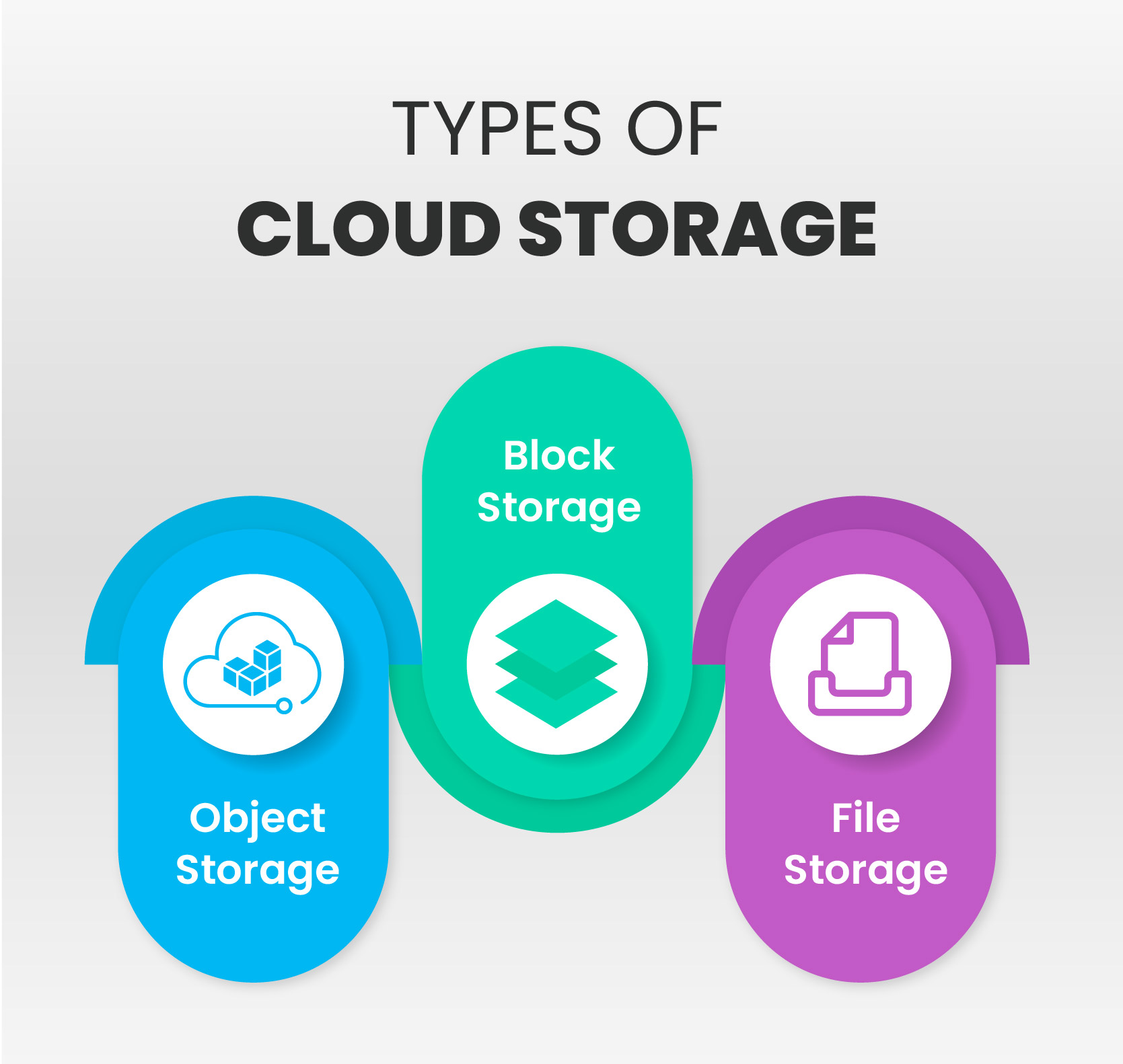Transform Your IT Infrastructure With Universal Cloud Provider
In today's rapidly advancing digital landscape, the shift towards global cloud services has ended up being a strategic important for organizations looking to improve their IT infrastructure. By exploring the nuanced means in which global cloud services can be customized and integrated, organizations can truly unlock their full potential in achieving digital makeover and affordable benefit in the market.
Advantages of Universal Cloud Solutions
Welcoming universal cloud solutions provides companies a myriad of benefits that enhance operations and improve scalability in today's dynamic electronic landscape. One vital benefit is cost-efficiency, as cloud solutions remove the requirement for upfront financial investments in equipment and infrastructure. This pay-as-you-go model enables services to range resources up or down based on their needs, maximizing costs and decreasing total IT prices. In addition, cloud solutions offer versatility and ease of access, allowing workers to access data and applications from anywhere with a net link. This not just boosts partnership and productivity however likewise sustains remote work plans, which have ended up being significantly common in the contemporary service world.
Additionally, universal cloud services offer better safety and security measures, with data security, regular back-ups, and built-in catastrophe healing mechanisms. This makes sure that business-critical details is shielded from potential hazards and breaches. Additionally, cloud services allow automated updates and upkeep, decreasing the worry on internal IT teams and making certain that systems are constantly current and running smoothly. linkdaddy universal cloud storage press release. Overall, embracing global cloud services can bring about enhanced efficiency, dexterity, and competition for services in today's digital age.
Migration to Cloud Facilities
Migrating to shadow infrastructure offers numerous benefits, including scalability, cost-efficiency, and boosted agility. Cloud solutions get rid of the requirement for significant upfront investments in physical equipment, reducing capital expenditures and enabling organizations to pay just for the resources they use.
An additional benefit of migrating to cloud infrastructure is the improved agility it offers. Cloud systems supply fast implementation of services and applications, making it possible for businesses to adapt rapidly to market changes and stay ahead of rivals. Additionally, the cloud facilitates remote accessibility to information and applications, cultivating cooperation amongst geographically distributed teams.
Enhancing Information Safety And Security Steps

One essential element of enhancing information security is implementing multi-factor authentication (MFA) to include an extra layer of security beyond passwords. MFA calls for customers to supply two or even more confirmation elements, such as a password and an unique code sent to their mobile phone, prior to accessing delicate data. This dramatically decreases the threat of unauthorized access, also if passwords are compromised.
Moreover, organizations should consistently carry out protection audits and vulnerability assessments to recognize and deal with prospective weak points see this here in their data security facilities - universal cloud storage press release. By remaining proactive and constantly improving information protection steps, companies can efficiently mitigate risks and secure their beneficial details possessions in a significantly digital world
Executing Cloud-Based Applications
In adjusting to modern technological developments, companies are significantly leveraging cloud-based applications to enhance their operations and enhance efficiency. Cloud-based applications supply a series of benefits, including adaptability, cost-effectiveness, and scalability. By implementing cloud-based applications, businesses can enhance processes, enhance partnership among groups, and boost general efficiency.

Furthermore, implementing cloud-based applications can lead to much better data monitoring and protection. These applications usually have built-in security functions and offer information file encryption to protect delicate details.
Making The Most Of Cost-Efficiency
To attain ideal cost-efficiency in leveraging cloud-based applications, companies should tactically assess their source allotment and utilization. One crucial method for taking full advantage of cost-efficiency is to take on a pay-as-you-go design, where companies only spend for the resources and solutions they make use of. This flexibility permits for cost savings by removing the requirement to purchase pricey infrastructure that may not be completely used.

Routine surveillance discover here and optimization of cloud resources are necessary for identifying areas where cost-savings can be accomplished. By assessing usage patterns and performance metrics, organizations can make educated choices concerning resource allowance and more streamline their operations to maximize cost-efficiency in the cloud.
Final Thought
In conclusion, universal cloud services offer countless advantages such as cost-efficiency, versatility, enhanced security procedures, and automated updates. Migrating to shadow framework makes it possible for organizations to leverage cost-efficiency, scalability, and dexterity to stay affordable.
Furthermore, cloud solutions offer adaptability and ease of access, making it possible for workers to accessibility data and applications from anywhere with a net connection.In addition, universal cloud solutions provide enhanced safety and security actions, with information encryption, normal back-ups, and integrated disaster recuperation mechanisms. Cloud systems supply rapid Source implementation of services and applications, enabling companies to adjust promptly to market modifications and stay in advance of rivals. Additionally, the cloud assists in remote accessibility to information and applications, cultivating partnership amongst geographically dispersed teams.
In final thought, global cloud solutions offer countless benefits such as cost-efficiency, versatility, improved protection actions, and automated updates.